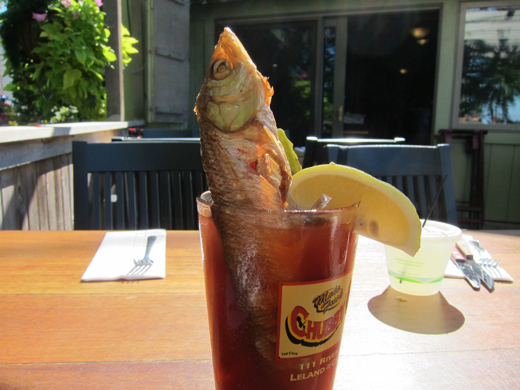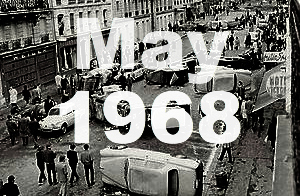Generally speaking, I don’t consider myself a huge Thomas Friedman fan. I caught a minute of him speaking on MSNBC this morning, though, and what he said really blew me away. It was extremely simple, but packed a wallop. As I can’t find the exact quote anywhere online, here’s the essence of what he said… “There’s not a damned thing that we can learn from China.”
Friedman, in declaring this, was essentially saying that we’ll never get our country back on the right track by competing with the Chinese on labor costs, and pushing for further deregulation. No, what we need to do, according to Friedman, is look to our own history, and do those same things now that worked for us in the past. We need to invest in education, provide the world’s best infrastructure, welcome immigrants, establish clear and fair rules to incentivize responsible investing, and federally fund research. I’ve never rushed out and bought a Friedman book before, but I think I’m going to get a copy of this one, which is entitled That Used to Be Us: How America Fell Behind in the World It Invented and How We Can Come Back. [An excerpt can be found here.]
While this seems to make perfect sense to me, there are, of course, those among us who feel the answer lies not in investing in education and infrastructure, but in further cutting taxes on the wealthy. Sure, we were promised millions of jobs when the Bush tax cuts when through a decade ago, and they never materialized, but that doesn’t mean the idea behind them was wrong, according to some. It just means that we didn’t go far enough. What we need to really accelerate the American economy, they tell us, is for the federal government to truly untie the hands of “job creators” by allowing them to keep even more of the money they earn, and clearing away the ambiguity that comes along with those irksome health, safety and environmental regulations. What we need to do, in their opinion, is let the free, unbridled market lead us to the promised land. And one big thing standing between us and full employment, according to Presidential candidate Michele Bachmann and others, is that damned minimum wage. Apparently, if not for the fact that we’re forced to pay people the excessive sum of $7.25 an hour, we’d be beating the hell out of the Chinese right now.
And that’s why I loved what Friedman had to say this morning… We can’t learn a damned thing from the Chinese.
Speaking of making $7.25 an hour, new government figures on poverty were released today. The following synopsis comes by way of our friends at Metafilter:
An additional 2.6 million people slipped below the poverty line in 2010, census officials said, making 46.2 million people in poverty in the United States, the highest number in the 52 years the Census Bureau has been tracking it, said Trudi Renwick, chief of the Poverty Statistic Branch. That represented 15.1 percent of the country. The poverty line in 2010 was at $22,113 for afamily of four.
1-in-6 Americans now live below the poverty line. And, considering the poverty line is officially set at $22,113 for a family of four, which is ridiculously low, the real number of those living in poverty is probably much, much higher. But, as Bachmann says, things will likely turn around if we just had the freedom to pay them less.
Here, for those of you who are interested, is video of Friedman promoting his new book on MSNBC’s Morning Joe, between attempts to convince Joe Scarborough to run for the White House as an independent with Michael Bloomberg.
Visit msnbc.com for breaking news, world news, and news about the economy












